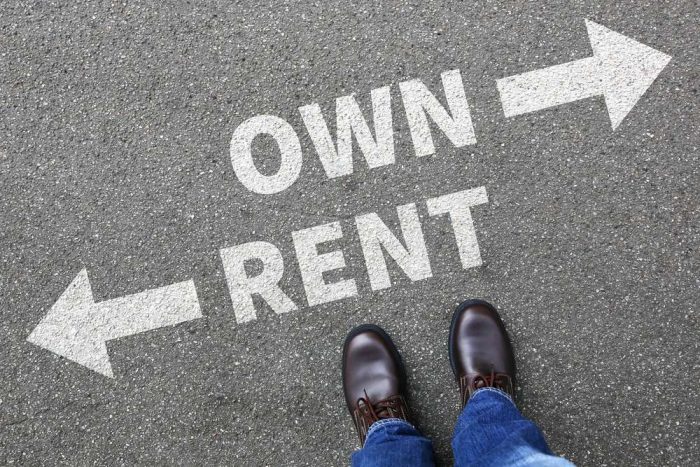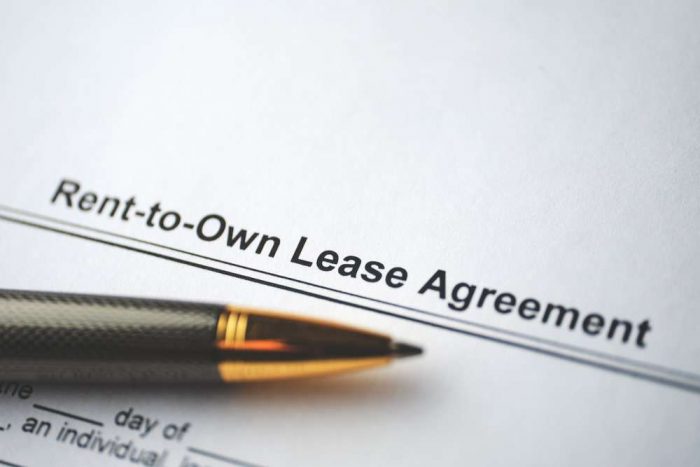A Comprehensive Guide to Rent-to-Own Properties in Dubai

In recent times, Dubai’s property industry has witnessed a steady influx of new supply, prompting developers to craft enticing payment plans to captivate potential buyers into acquiring built-up stock.
Rent-to-own properties in Dubai have emerged as a popular option among prospective homeowners, alleviating the burden of a substantial down payment.
This innovative approach not only facilitates a broader pool of potential buyers for developers but also empowers individuals who may lack the immediate capital required for a standard property purchase. It represents a symbiotic relationship benefiting both parties involved.

Understanding Rent-to-Own
- As the term implies, renting to own entails leasing a property with the eventual goal of becoming its owner upon the conclusion of the lease period. A fraction of the rent paid during this period is designated to serve as a foundational element for your prospective home. In essence, you’re not simply spending on rent; you’re investing in building equity towards your future abode.

How Rent-to-Own Works
- Rent-to-own schemes involve a mutually beneficial agreement between a developer and a buyer. Instead of traditional rent, rental payments go toward a down payment, allowing the buyer to save for the property’s down payment while fulfilling rental obligations. This approach requires a minimal upfront payment (typically 5% or less), making it an alternative to a conventional mortgage. Monthly payments gradually buy the property, and after a set period, the buyer can choose to purchase it or exit the agreement. Although rental rates may be higher than the market norm, this convenience helps buyers who struggle to save for a deposit.

Legal Framework in Dubai
In Dubai, the legality of the rent-to-own arrangement is underpinned by the Dubai Land Department (DLD). The introduction of the rent-to-own (Ijarah) service and a specific title deed register by DLD has fortified the legal framework, fostering seamless and secure transactions in this domain.

Pros and Cons of Rent-to-Own
Rent-to-own agreements offer a set of advantages and disadvantages for both parties involved.
For Landlords (Sellers)
- Provides a solution if you face challenges selling your property, broadening the pool of interested buyers.
- Long-term tenants investing in your property can lead to savings on maintenance, mitigating risks even if the deal doesn’t materialize.
- In a booming real estate market, exiting the contract might be challenging, affecting the property’s investment potential.
For Tenants (Buyers)
- Ideal for individuals with low credit scores, granting them time to enhance or establish creditworthiness.
- A portion of rent contributes towards the mortgage down payment, a relief for aspiring homeowners.
- Provides the opportunity to reside in a future owned home without the upheaval of relocating.
- Unlike typical tenants, you take on responsibility for maintenance and repairs, a minor concern if your commitment to the purchase is steadfast.
Not everyone enjoys the luxury of purchasing a home outright. Various financial and personal circumstances can impact investment decisions.
Therefore, rent-to-own presents itself as a prudent strategy for many.
Whether seeking specific rent-to-own apartments or villas in Dubai, this innovative solution opens doors for aspiring homeowners.





